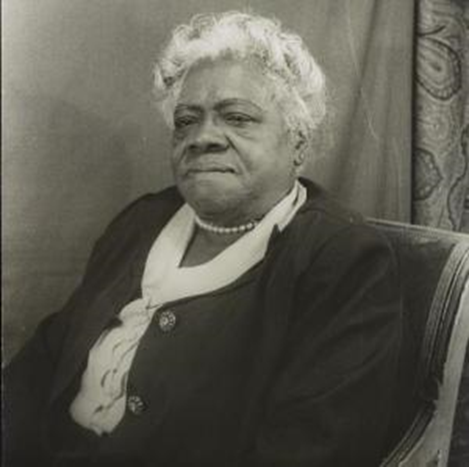By Dr. Wendolyn Davis, Executive Director for Pathway Alignment, Chattanooga State Community College
Whenever given the assignment to discuss an African American leader, an impactful woman, or a historical figure that I admire, oftentimes I choose Mary McLeod Bethune. She represents self-preservation, innovation, creativity, determination, and “if no one else will do it, I’ll do it my darn self.” Finding a way to accomplish even lofty goals probably sounds better.
At an early age as the daughter of former slaves, she became driven to learn to read, becoming the only child of 17 children to go to school. Recognizing as an educated Black woman, that Black girls should have a foundational space to be educated, she founded an all-girl boarding school. The Daytona Beach Literary and Industrial School for Training Negro Girls. The
name changed to the Daytona Normal and Industrial School and changed again to the Bethune-Cookman College (now University) after merging with the all-male Cookman Institute. 
Setting as her mission to address the dire need of Black people for medical care, she founded the Mary McLeod Hospital and School for Nursing. Determined to have her voice heard, she founded the National Council of Negro Women, served as a member of the
Black Cabinet to President Franklin Roosevelt, advisor to President Harry S. Truman, and was the only Black woman present at the founding conference of the United Nations. Dr. Bethune also served as a founder of the United Negro College Fund. Although
rarely mentioned, the result of her determination is generations of educational heirs of color who continue to contribute to higher education at every level and in every role.
As I think about the role of women of color in higher education during this month deemed Black History Month and every other month of the year, I am reminded of the shoulders of the many giants like Mary McLeod Bethune, that all of us are fortunate to
stand on.
The AACRAO Black Caucus supports professional development, networking, and the discussion of issues affecting Black students and professionals throughout college and university communities. The Caucus engages in identifying solutions to issues surrounding
access as well as examining ways to enhance and increase the representation of both Black students and professionals within colleges and universities.
Not only are caucus members standing on the shoulders of giants, but the Black Caucus has produced more giants to whom we owe so many flowers. Let us all remember who came before us and set a standard that should be emulated, innovated, and expanded for the
future.